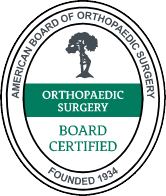Get Moving! Orthopedic Insights
Why Does My Elbow Hurt When I Bend It?
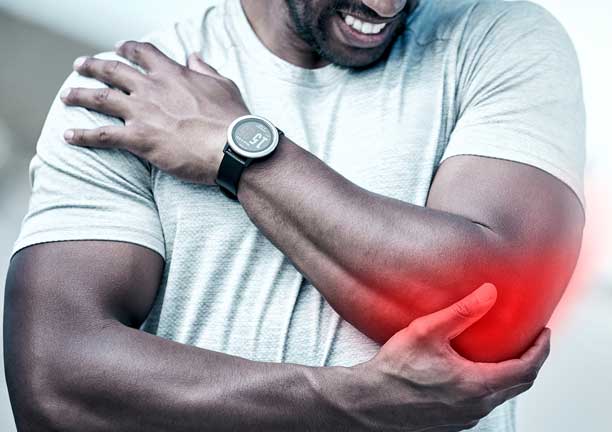
Elbow pain can be a frustrating and debilitating condition that affects people of all ages and activity levels. It can make even simple tasks like getting dressed or lifting objects difficult, and can severely impact a person's quality of life. There are many different causes of elbow pain, ranging from overuse injuries to fractures and dislocations. In this article, we will explore some of the most common causes of elbow pain and their associated symptoms, as well as discuss some of the most effective treatments for alleviating elbow pain and restoring function to the joint. Whether you are an athlete dealing with a sports-related injury or simply someone experiencing chronic elbow pain, this article will provide you with the information you need to understand your condition and find relief.
Toe Pain Causes: 6 Most Common Reasons Your Toe Hurts
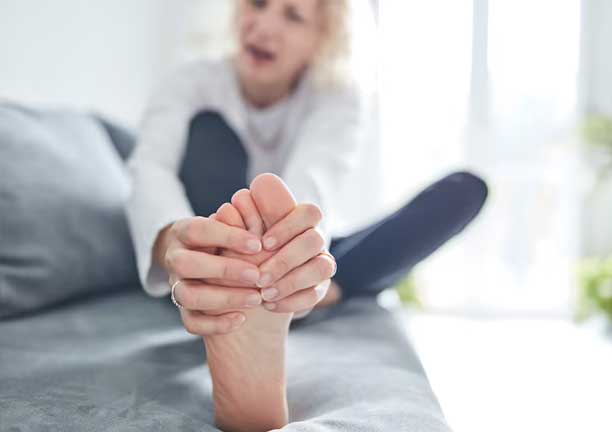
Medically reviewed by Dr. Randolph Sealey
The toes contain 14 bones, as well as joints, muscles, ligaments, nerves and blood vessels, all of which can be injured, compressed or infected. The truth is, there are a multitude of reasons why your toes may be hurting, from minor injuries to serious medical conditions. In this article, we will explore the 6 most common causes of toe pain, including arthritis, hammer toe, and neuroma, and discuss their symptoms and treatment options. We'll also provide tips for relieving toe pain at home, as well as guidance on when to see a doctor. So, if you're looking to learn more about the possible causes of your toe pain, read on to discover what you need to know.
What to expect after ACL Reconstruction Surgery
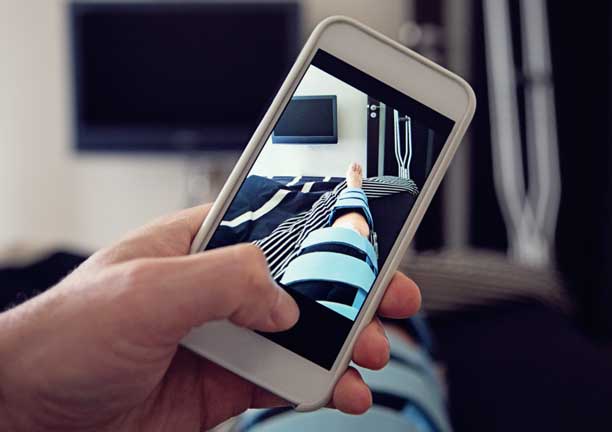
Post-operative recovery following ACL reconstruction typically involves a rehabilitation program that includes a customized combination of physical therapy, exercises, and rest. The goal of rehabilitation is to regain range of motion, strength, and stability in the knee. This process can take several months and may include the use of crutches, bracing, and other assistive devices. Physical therapy is generally started within the first week or two after surgery and may continue for several months. It is important to follow your surgeon's instructions and adhere to the rehabilitation plan to ensure the best possible outcome.
Exercising in Cold Weather: Here's How You Can Take Advantage of the Benefits While Staying Safe!
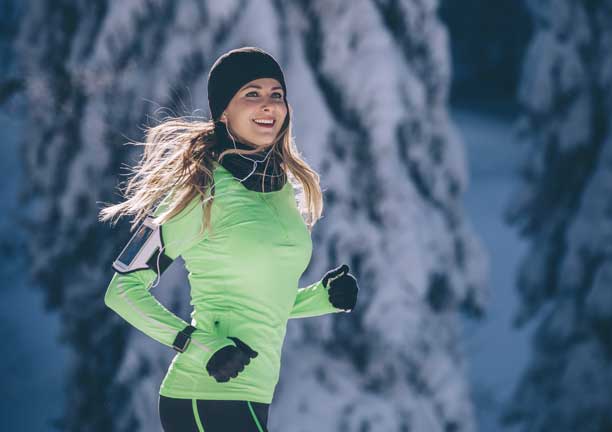
Now that temperatures are getting cooler, many of our patients halt their outdoor workout routines (running, walking, outdoor sports) to avoid the chilly temperatures. While it’s tempting to take the cold weather months off and simply curl up by the fireplace with a good book or binge a series, the truth is there are many benefits to working out in colder temperatures.
Bone Marrow and its Healing Properties: Understanding BMAC Treatment (Bone Marrow Aspirate Cell Concentrate Treatment)
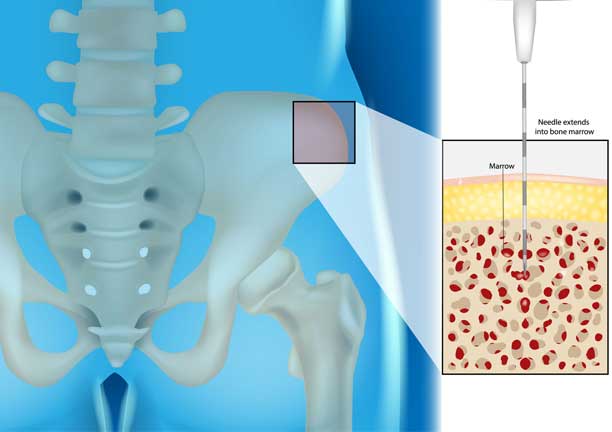
Let’s say you tore a ligament skiing or have just undergone a procedure to repair torn cartilage, you might have a touch of arthritis in your shoulder that is bothering you. Your doctor may recommend a procedure called BMAC or Bone Marrow Aspirate Stem Cell Concentrate treatment to help the healing process along. It sounds a little wordy, but it just might be the last piece of the puzzle in overcoming an injury.
High Arches, aka Cavus Foot: What You Need to Know
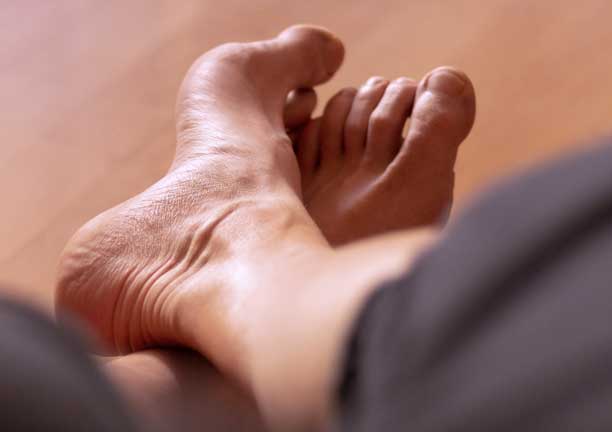
What is Cavus Foot?
Medically reviewed by Dr. Randolph Sealey
Our bodies come in all shapes and sizes. Even our feet vary extensively from one person to another. While babies’ feet, as cute as they are, often look quite similar to other babies’ feet, by the time we are full grown, foot structure varies enormously. While some people have very flat feet with low arches, others may have high arches, where the foot often looks as if it is pointing at all times.
Stressed Knees: Inside MPFL Reconstruction
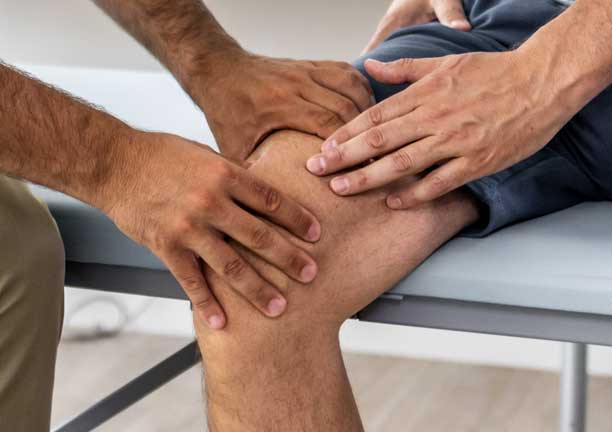
Did you know? The knee is one of the body’s most intricate joints. As the largest and most complex joint in the body, it joins together the thigh bone, shin bone, fibula (on the outer side of the shin), and kneecap. As it is essential for movement, the knee is also one of the most stressed joints in the body and is quite vulnerable to injury.
Understanding Adolescent Idiopathic Scoliosis
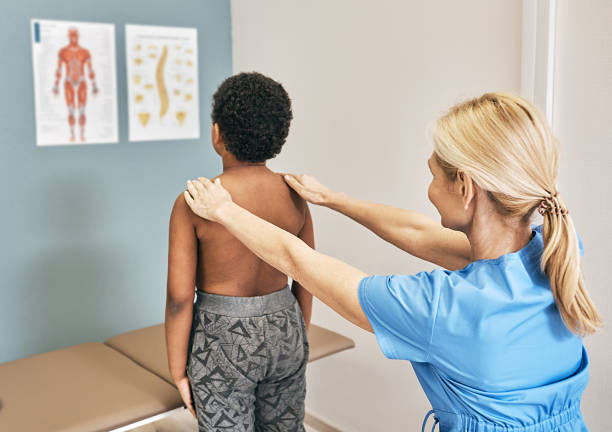
What is Scoliosis?
Scoliosis is a sideways curvature of the spine. When looking at the spine directly from the back, it should appear as a straight line. With scoliosis, the spine appears to curve to one side, or both. The curving can involve twisting of the vertebrae which may be less perceptible to a nurse or a physician during a medical exam.
OrthoConnecticut Helps Build Awareness of Juvenile Arthritis
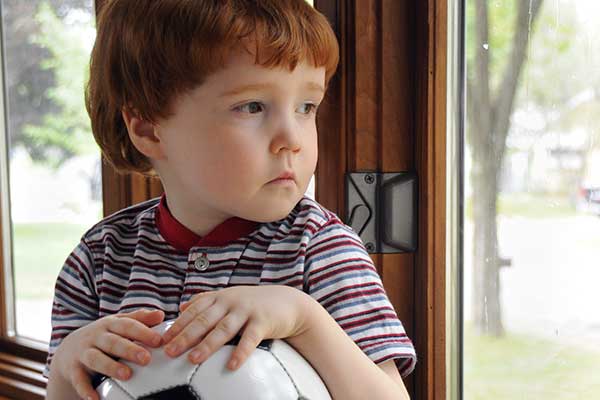 July is Juvenile Arthritis (JA) awareness month and OrthoConnecticut is helping to raise awareness. Things to do – learn about JA, wear a blue ribbon, cook an anti-inflammatory recipe, make a donation, help raise awareness by telling your story, and host or attend a community event.
July is Juvenile Arthritis (JA) awareness month and OrthoConnecticut is helping to raise awareness. Things to do – learn about JA, wear a blue ribbon, cook an anti-inflammatory recipe, make a donation, help raise awareness by telling your story, and host or attend a community event.
Signs of a Concussion in a Child
 Medically reviewed by Angelo Ciminiello, M.D.
Medically reviewed by Angelo Ciminiello, M.D.
Though common, not many people know the signs of concussions in children, which causes many cases to go unnoticed. Because children’s brains are still developing, they’re more at risk of experiencing severe side effects from getting a concussion, especially if that concussion goes undiagnosed or the child receives multiple concussions.




